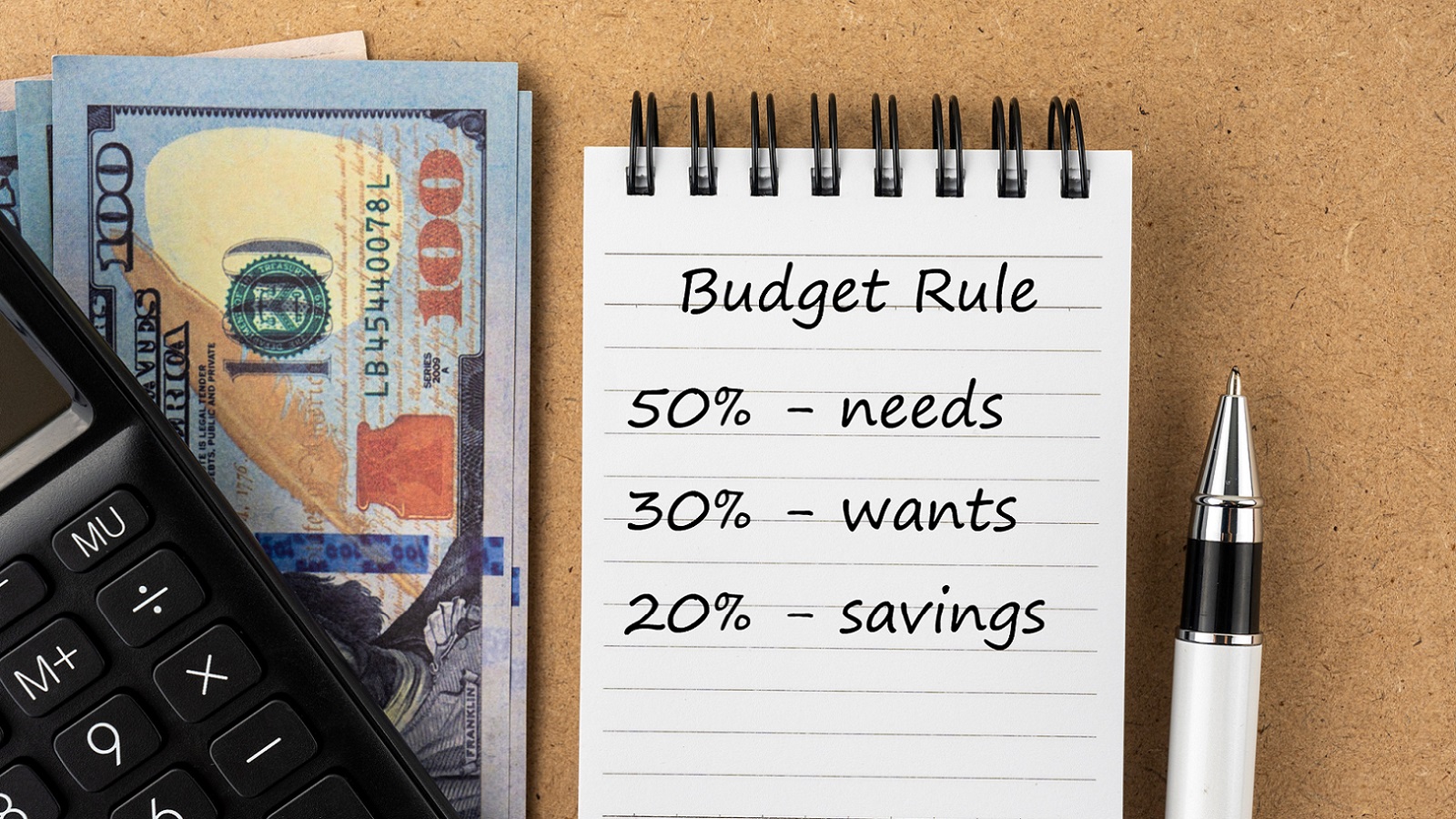Financial Survival Tips for Freshmen
Eight things college students wish they had known about money before they started school.

Profit and prosper with the best of Kiplinger's advice on investing, taxes, retirement, personal finance and much more. Delivered daily. Enter your email in the box and click Sign Me Up.
You are now subscribed
Your newsletter sign-up was successful
Want to add more newsletters?
My columns on giving college-bound kids a crash course in managing money (see Crash Financial Course for College Frosh and Surprise! More College Costs) continue to generate lots of lively -- and useful -- responses.
One parent suggests that you have your child fill out his or her own student-loan application. A great idea (wish I'd thought of it for my college freshman; I'll remember next year).
Douglas Terwilliger of Frederick, Md., recommends that parents of college students require their kids to take a personal-finance course, like the class he teaches at the University of Maryland.
From just $107.88 $24.99 for Kiplinger Personal Finance
Become a smarter, better informed investor. Subscribe from just $107.88 $24.99, plus get up to 4 Special Issues

Sign up for Kiplinger’s Free Newsletters
Profit and prosper with the best of expert advice on investing, taxes, retirement, personal finance and more - straight to your e-mail.
Profit and prosper with the best of expert advice - straight to your e-mail.
I'm also indebted to Jeff Mirabello, who works in media relations for ING Direct. The online bank polled its summer interns about financial lessons they wish they had learned before entering college, and Jeff sent me the results (my comments are in parentheses):
- Start saving at a young age. Have your parents open up a savings account for you before you get to college. (Better still, open up your own account with gift money or earnings from a job.)
- Create a budget for each semester. Books, clothes and supplies add up. (Planning in advance also gives you spending benchmarks so you don't go overboard.)
- Learn to cook if you live off campus, and split the cost of food with your roommates. (If you're on a campus meal plan, learn to love dorm food. Eating out is the biggest drain on all student budgets.)
- Carpool to class to save on gas. (Better still, ride a bike or hoof it to avoid putting on the "freshman 15.")
- Buy used textbooks at Amazon.com or from another discount Web site. (Learn other ways to tackle extra expenses.) Not only will you save money, but you'll also save the hassle of waiting in line at the campus bookstore.
- If you have a job at school, deposit money from each paycheck in a savings account so you're not tempted to spend it all.
- Use a credit card only when it's absolutely necessary. Just because you have a credit line doesn't mean you have to max it out. (Good point, and one that many college students don't realize.)
- Keep track of what you spend. Even though your bank may do this electronically, having a hard copy is always a good idea.
To encourage kids to monitor their expenses, I recommended that you buy a matching notebook and Post-its, or a container in which to toss receipts. Reader Nancy Curran took me to task for spending extra money when you could easily use a container you already have around the house ("How about all those extra canvas bags from your husband's trade shows?")
Nancy has a point. But I don't mind spending a few extra bucks to get my child's attention if it means we'll both save hundreds of dollars down the road.
Profit and prosper with the best of Kiplinger's advice on investing, taxes, retirement, personal finance and much more. Delivered daily. Enter your email in the box and click Sign Me Up.

Janet Bodnar is editor-at-large of Kiplinger's Personal Finance, a position she assumed after retiring as editor of the magazine after eight years at the helm. She is a nationally recognized expert on the subjects of women and money, children's and family finances, and financial literacy. She is the author of two books, Money Smart Women and Raising Money Smart Kids. As editor-at-large, she writes two popular columns for Kiplinger, "Money Smart Women" and "Living in Retirement." Bodnar is a graduate of St. Bonaventure University and is a member of its Board of Trustees. She received her master's degree from Columbia University, where she was also a Knight-Bagehot Fellow in Business and Economics Journalism.
-
 Stocks Recover from Massive Morning Drop: Stock Market Today
Stocks Recover from Massive Morning Drop: Stock Market TodayStocks hit their session lows early Monday in reaction to U.S. airstrikes on Iran, but quickly bounced.
-
 Netflix Is Dropping Support for Older Devices — Is Yours One of Them?
Netflix Is Dropping Support for Older Devices — Is Yours One of Them?Some smart TVs and streaming devices are already losing access. Here’s how to check and what to do next.
-
 I'm a Retirement Editor: Here's the Investing Advice I Gave My Son
I'm a Retirement Editor: Here's the Investing Advice I Gave My SonAs a veteran retirement investor, I'm sharing this advice for your own adult children or grandchildren.
-
 Smart Strategies for Paying Your Child an Allowance
Smart Strategies for Paying Your Child an AllowanceBy giving your kids money to spend and save, you’ll help them sharpen their financial skills at an early age.
-
 I Need to Cut $1,000 From My Monthly Budget, and I've Already Given Up Starbucks and Dining Out. What Else Can I Do?
I Need to Cut $1,000 From My Monthly Budget, and I've Already Given Up Starbucks and Dining Out. What Else Can I Do?Here are some creative ways to save up to $1,000 a month, even if you feel like you've already made all of the obvious cuts.
-
 I'm a Government Employee and Need to Get By Until the Shutdown Ends. What Can I Do?
I'm a Government Employee and Need to Get By Until the Shutdown Ends. What Can I Do?The second-longest shutdown in history is leaving many federal workers with bills due and no paycheck to cover them. Here's what you can do to get by.
-
 What Does Medicare Not Cover? Eight Things You Should Know
What Does Medicare Not Cover? Eight Things You Should KnowMedicare Part A and Part B leave gaps in your healthcare coverage. But Medicare Advantage has problems, too.
-
 The 50-30-20 Budget Rule: A Simple Way to Save Money
The 50-30-20 Budget Rule: A Simple Way to Save MoneySaving Using the 50-30-20 budget rule is an easy way to save. It helps you prioritize saving while paying off debt.
-
 'Food Tax': Which States Still Tax Groceries?
'Food Tax': Which States Still Tax Groceries?State Tax Ten states still tax groceries, but that figure is shrinking.
-
 How Our Family Fights Inflation
How Our Family Fights InflationBudgeting Millennials typically spend more than other generations on certain expenses that have been increasing most rapidly. Here are some tips to cut your losses.
-
 Gas Prices Around the World
Gas Prices Around the WorldBudgeting Many world gas prices can make what Americans pay at the pump seem like a bargain. But not all.